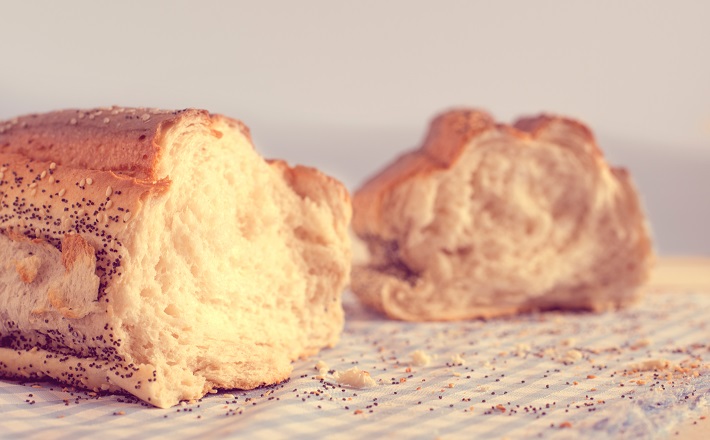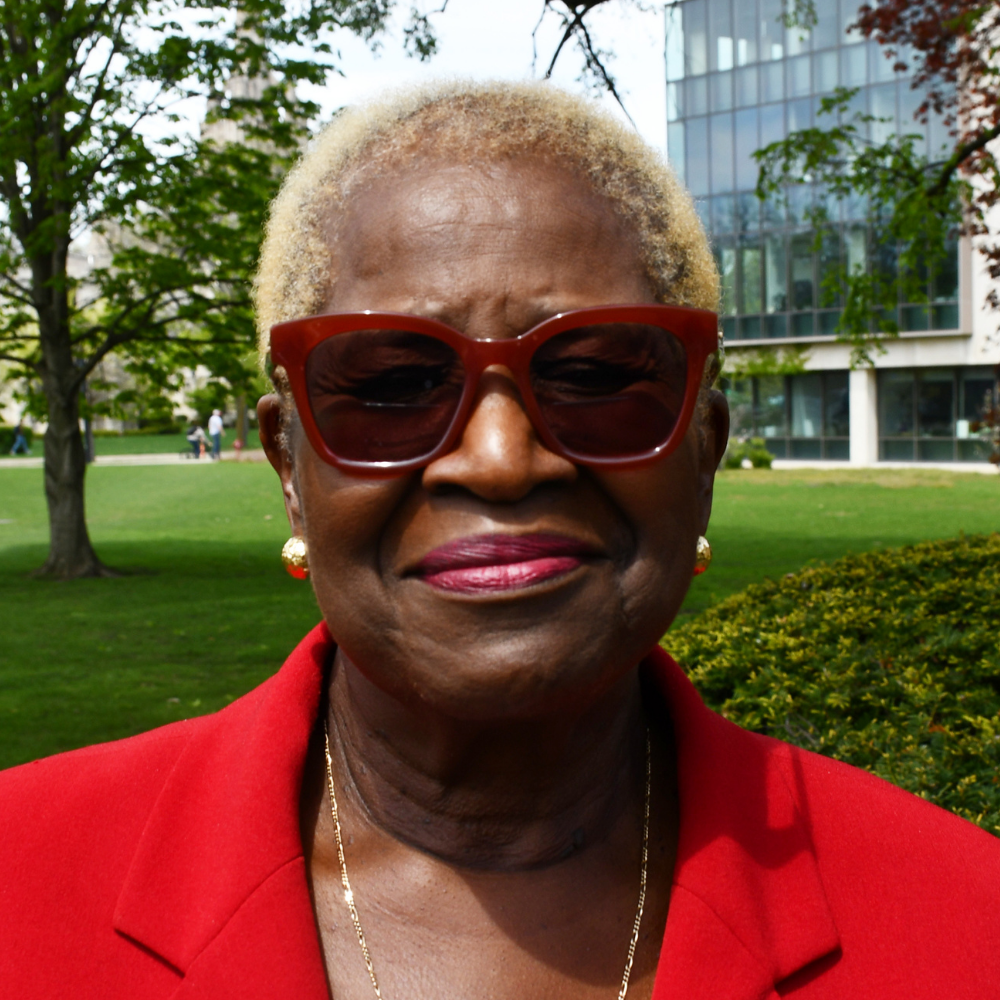Commentary on 2 Samuel 11:1-15
The appearance of this text at a time when news reports are inundated with stories of the abuse and victimization of women by men of power offers both an opportunity and a challenge for the faithful preacher.
When viewed from the perspective of Israel’s history that the books of Samuel reflect, its focus on the man, on David, the King, is understandable. But in doing so, Bathsheba, the woman in the story, the victim on multiple counts, gets overlooked. She becomes incidental to the story and over time even gets a bad rap from interpreters. This is a story of rape and murder, of sexual misconduct of the highest order and egregious abuse of power. Appearing as it does in the climate of the “Me Too” movement, and the everyday occurrence of powerful men being brought low by similar misconduct, extra care must be given to the interpretation of the text and the development of the sermon preached from this text.
One way of doing that and bringing Bathsheba’s story and the plight of abused women to light is to tell the story from the woman, the victim, Bathsheba’s point of view; to make Bathsheba the primary figure and David secondary. Bathsheba, the victim has a story to tell that also places her solidly in the annals of history. Beyond her victimization, hers is also a story of courage and strength whereby she speaks for all people, both female and male who suffer abuse and have that suffering compounded as they are further victimized, doubly punished for the abuse they suffered.
Bathsheba is in her rightful place. She is having the ritual bath required by law after her period. According to temple laws, she is unclean during the days of her period and must partake of a ritual rite of cleansing in order to return to temple worship. The dichotomy of being gifted by God with the ability to bear children and being branded as unclean because of that gift is an issue that still plagues some churches and cultures. Much later in scripture God cautions Peter to refrain from branding any part of God’s creation as unclean (Acts10:15). Perhaps those who would consider a woman’s natural function unclean, would bear those words in mind, since that functioning is God-ordained. Bathsheba knows the rules and follows them.
David, on the other hand is not where he is supposed to be. There’s a battle going on and he is not at the head of his troops, as his kingly role requires. Moreover, he is taking the opportunity provided by his dereliction of duty to spy on a woman taking care of her private needs. It is an old adage, much repeated in some circles, “the devil finds work for idle hands to do.” Said another way, if we are about the business to which God has set us, there is little room left for us to do what we ought not to do.
Mischief-making is too often the purview of those who are not where God has placed them; who deliberately neglect the task to which they have been called, in order to indulge in activities designed to satisfy their human appetite. When that is done, innocent ones suffer. Bathsheba is innocent of wrong-doing, even to the point of obeying the dictates of the king at the cost of her own peace of mind. As many in society she responds to the voice of authority because she is required to do so, because of the hierarchical structure of her world, which places her on the bottom. When her abuse is compounded by an unwanted pregnancy, Bathsheba turns to David for help and is victimized further as her husband Uriah is murdered.
It is the story of poor women everywhere who because of their poverty must turn for help to their abuser because she has nowhere else to turn. What response is required of us when innocent ones are victimized? How can we, the church, provide a place of safety and become a refuge for those who have been victimized. Sadly, the church itself has become an institution that has succumbed to some of the same challenges found in society. Abusers and victims exist side by side and many victims, like Bathsheba, find themselves seeking help from the very ones who cause their situation. And one wonders if and what God sees; if and when God will act to vindicate victim; if and what God will do to bring justice to the oppressed. How are we or can we be representatives of God’s justice?
The text stops at the point of David’s instructions regarding the method of carrying out the murder of Uriah and Bathsheba disappears from sight. So many victims are “disappeared” as their stories go untold and their pain is unrealized or ignored. In this story, Uriah’s victimization comes to the forefront and although he suffers the ultimate wrong, loss of life, it is also the end of his victimization. Bathsheba continues to be a victim and yet her situation is overlooked.
The text is silent, but we can learn much from listening to the stories told by women who have begun to speak of the mental agony they continued to suffer years after the physical abuse. The memory and effect of their abuse and victimization becomes an ongoing source of pain that impacts their personal relationships and other areas of their lives. It takes little imagination to see Bathsheba’s situation and experience as similar to that of today’s abused women or to see each woman victimized as Bathsheba. To see them must be to hear their cries for justice.
What is our response to those who cry out in pain? How do we see or hear them? Indeed, do we see or hear them? Have we told them God sees and hears them? If we are the hands and feet of God on earth, our responsibility is to see, hear and respond to their pain and be their advocates for justice.


July 29, 2018